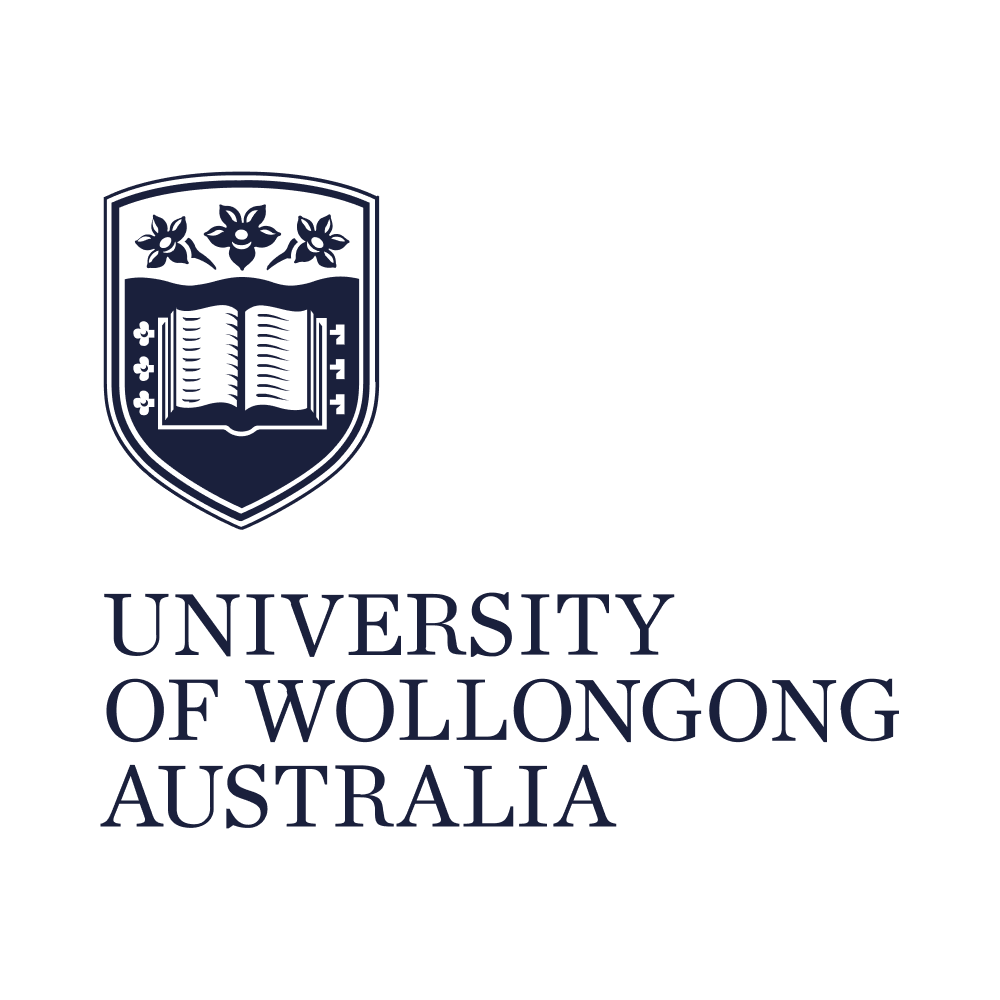University of Wollongong
Master of Computing (Data Analytics)
- Delivery: Face to Face
- Study Level: Postgraduate
- Duration: 18 months
- Course Type: Master's
Enhance your work readiness skills by incorporating academic learning with practical application, with several subjects featuring embedded Work Integrated Learning.

Course overview
The Master of Computing (Data Analytics) is committed to developing the next generation of computing professionals who possess broad knowledge and a deep understanding of technical, managerial and ethical aspects of computing practices.
The data analytics specialisation has a focus on applying cutting edge technologies to deliver data driven insights and intelligence.
This degree is designed for graduates with a computing background who wish to upskill and graduates without a computing background who wish to enter the booming field of computing.
Key facts
27th July, 2026
What you will study
The Master of Computing requires the completion of 72 credit points. Students must satisfy all course requirements for the degree outlined in the course structure below. Unless otherwise indicated, each subject is worth six credit points.
Complete the following six core subjects
- Programming and Data Structures
- Data Management Systems
- System Analysis and Project Management
- Web Development
- Security Essentials
- Strategic Network Design
Entry requirements
Recognised three-year Bachelor degree in any area.
Applicants with other qualifications and substantial relevant professional experience may be considered.
Recognition of Prior Learning
Applicants with a Bachelor of Computer Science, Bachelor of Information Technology, or a Bachelor of Business Information Systems or equivalent may apply for up to 24 credit points of credit (one session).
Graduate Certificate in Business Analytics - Students who have completed this course can be awarded six credit points if unspecified credit.
Outcomes
Career outcomes
On completion, you will be able to work in various roles to enable IT and data-driven innovation, including:
- Data analyst
- Big data specialist
- Data engineer
- Data architect
- Data systems developer
- System analyst
- Software solution architect and developer
Learning outcomes
Students graduating from this course will be able to:
- Apply professional computing approaches to solve complex problems in a variety of industries.
- Identify, understand, communicate and work with technical, societal, managerial, and ethical facets of computing solutions.
- Research, synthesise and apply key information and expert judgement in computing practices.
- Engage in independent learning to update own knowledge in the field and keep pace with innovations in computing techniques, industry trends and standards.
- Work as an individual and as a member of a team in a manner consistent with ethical and professional standards.
Fees and FEE-HELP
Tuition fees in 2026: (domestic full-fee paying place)
- Session fee: $18,376
- Total course tuition fee: $55,129
Session fees are for one session per year, as shown. The total course tuition fees shown are indicative and based on the normal course length and progression.
UOW Subsidised Fees (USF)
Total indicative course tuition fee in 2026: $19,296
To make postgraduate study more affordable, where a Commonwealth-supported place is not available, UOW is offering eligible domestic students who start their studies in 2026 a subsidised fee reduction designed to support them in upskilling and progressing their careers.
A student’s annual fee may vary in accordance with:
- The number of subjects studied per term.
- The choice of major or specialisation.
- Choice of subjects.
- Credit from previous study or work experience.
- Eligibility for government-funded loans.
You may also need to pay the student services and amenities fee.
Student fees shown are subject to change. Contact the university directly to confirm.
FEE-HELP loans are available to assist eligible full-fee paying domestic students with the cost of a university course.

















